Istanbul attacks: A timeline of recent bombings in Turkey's largest city
A suicide bomber is believed to have killed at least 10 people in the city's tourist district
The suspected bombing that killed at least 10 people in Istanbul on Tuesday is not the first explosion to have targeted the city in recent years.
The cause of the blast in Sultanahmet Square, near the Hagia Sophia and Blue Mosque, has not been confirmed and there was no immediate claim of responsibility.
Here is a list of other recent explosions in Istanbul:
23 December 2015
A blast that killed a cleaner in the early hours of the morning at Istanbul’s Sabiha Gökçen International Airport was claimed by terror group the Kurdistan Freedom Falcons (TAK), who said they bombed the airport with mortar shells in response to the Turkey’s continuing operations against Kurdish militants in the south-east.
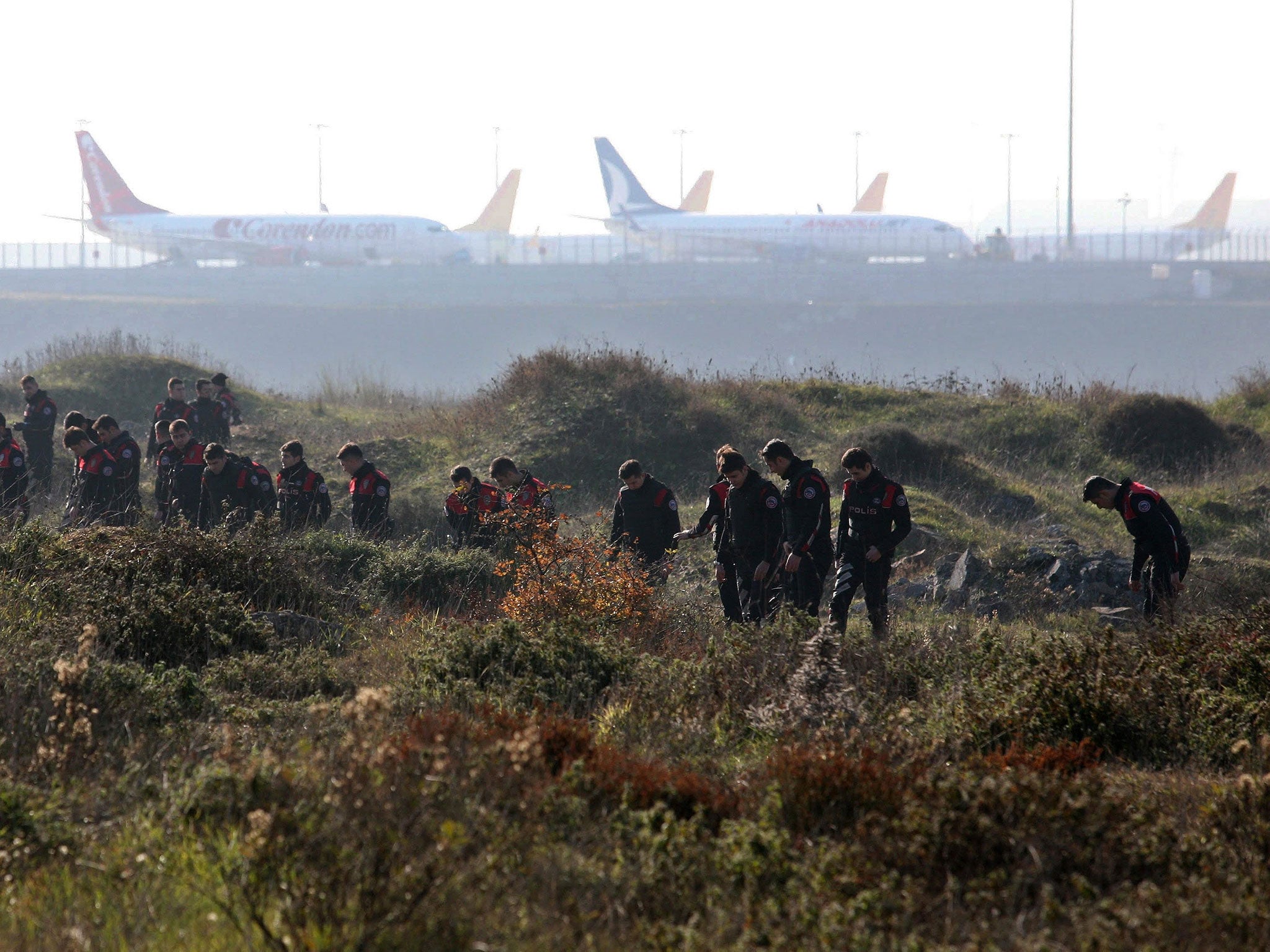
1 December 2015
A device identified by British authorities as a “parcel bomb” was planted near Bayrampasa Metro station. It injured five people when it exploded in an overpass leading to the station at the height of the evening rush hour.
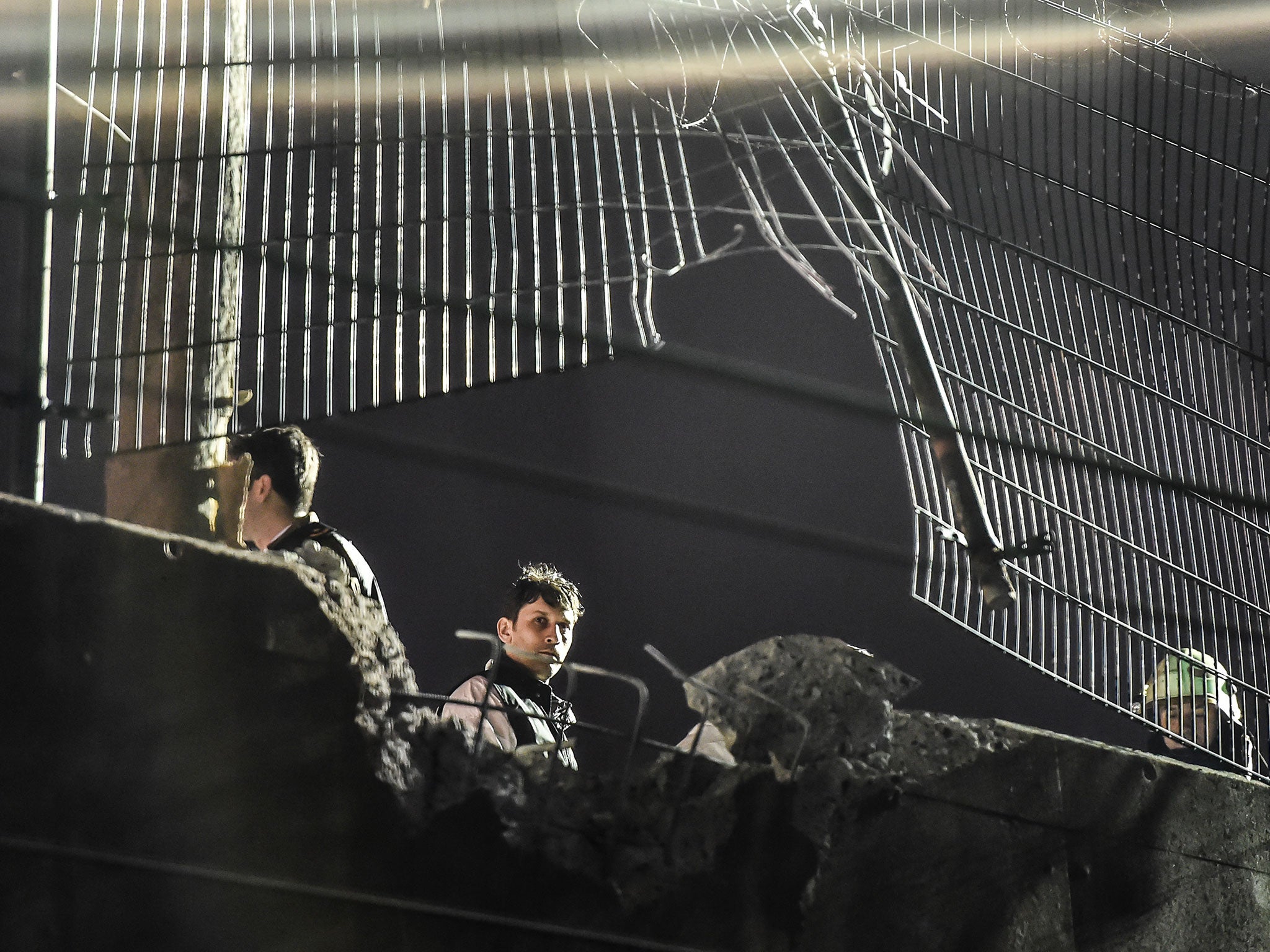
10 August 2015
Five police officers and two civilians were injured in a bombing attack on a police station on the Sultanbeyli district of Istanbul, Al Jazeera reported. There was no immediate claim of responsibility.
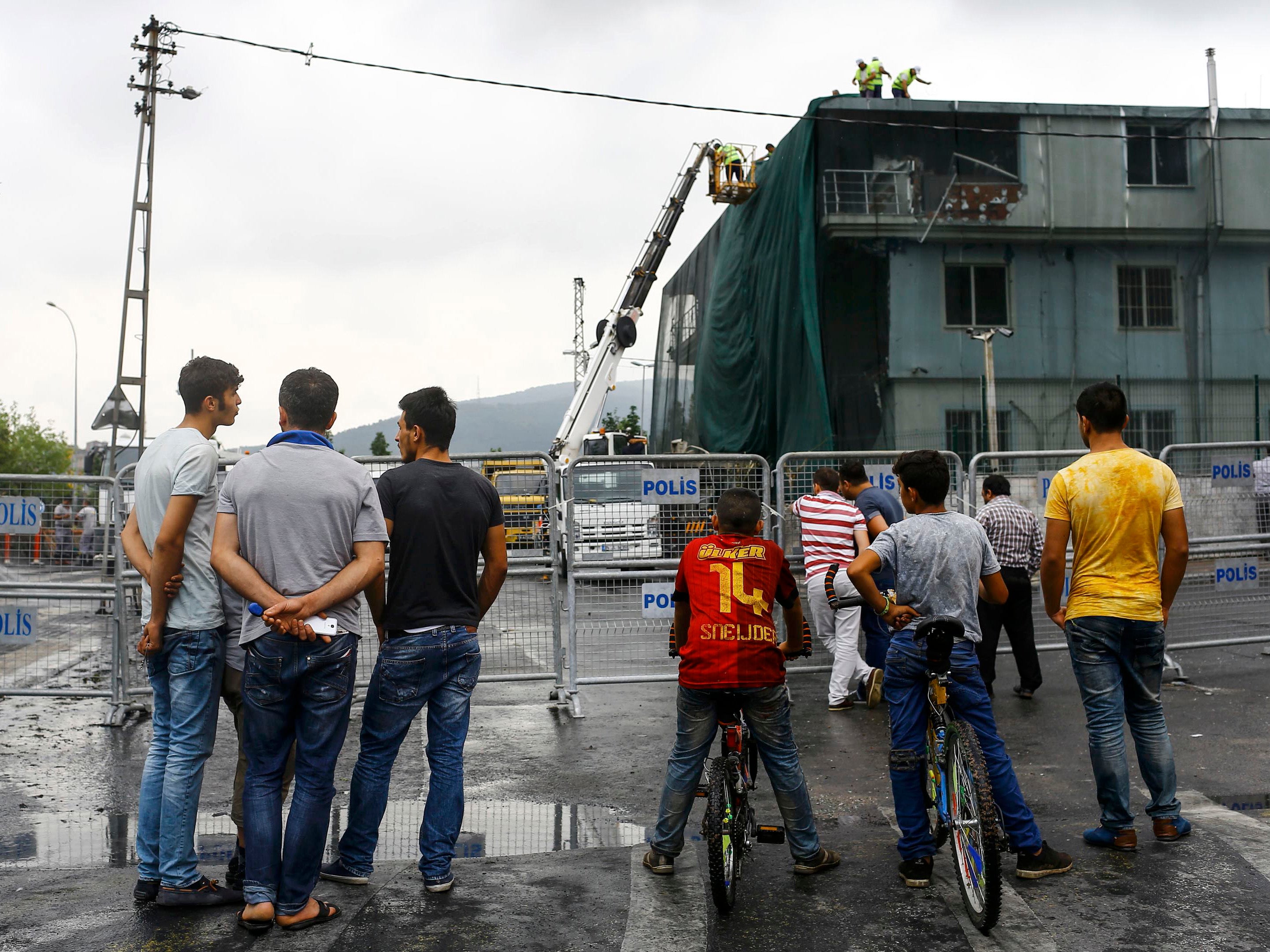
6 January 2015
A female suicide bomber detonated her vest at a police station in Sultanahmet, killing herself and two police officers. The far-left Revolutionary People's Liberation Party–Front (DHKP/C) claimed responsibility for the attack and said it was revenge for the death of a 15-year-old boy killed by a tear gas canister. Five days before, the group had attacked police guarding Istanbul’s Dolmabahçe Palace but grenades failed to explode.
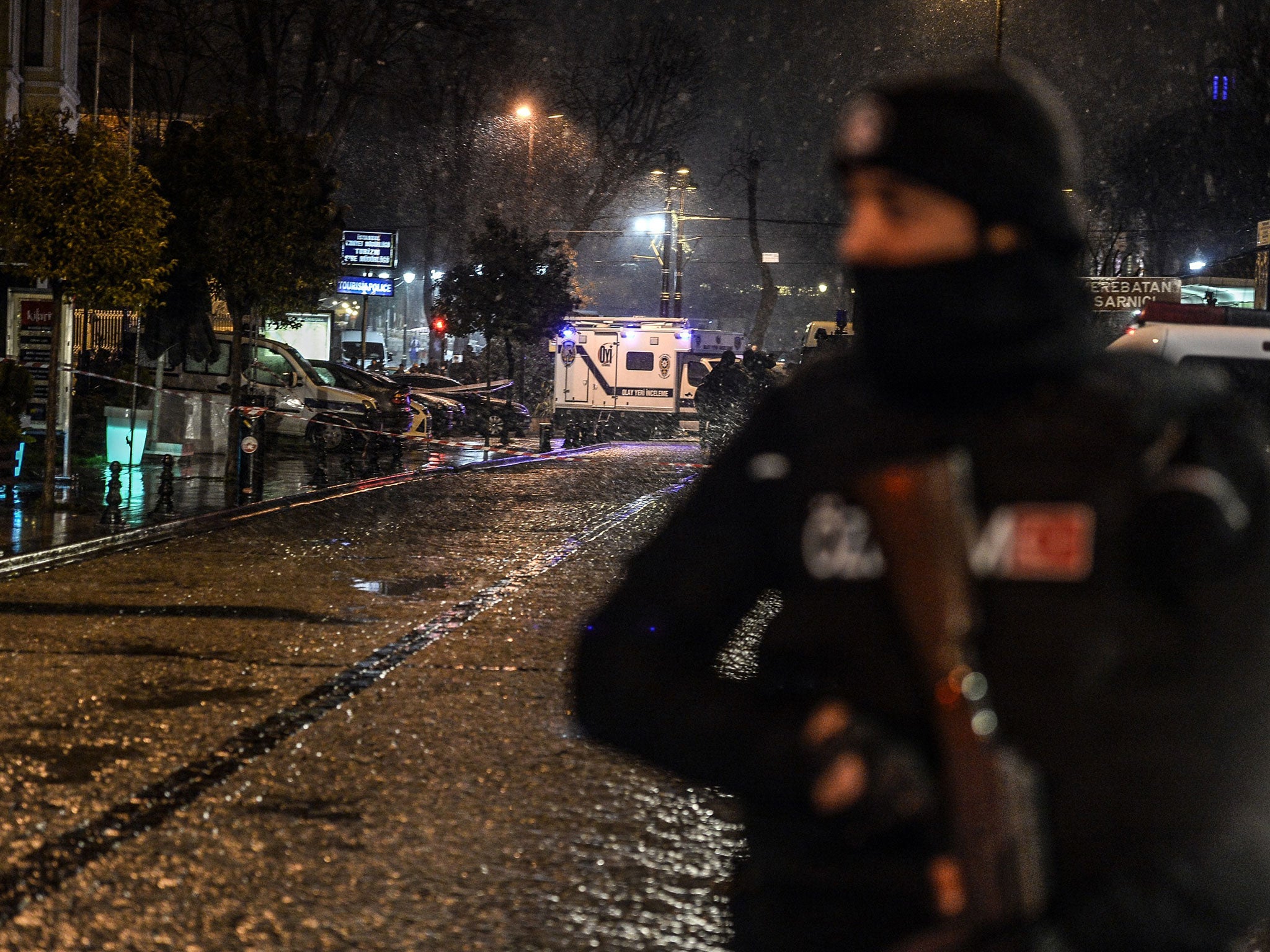
31 October 2010
A suicide bomber targeted police in Taksim Square, injuring 32 people but only killing the perpetrator. Suspicion turned to the Kurdistan Workers' Party (PKK) as it coincided with Republic Day celebrations but the group denied responsibility. Another militant group, the Kurdistan Freedom Falcons (TAK), later claimed responsibility.
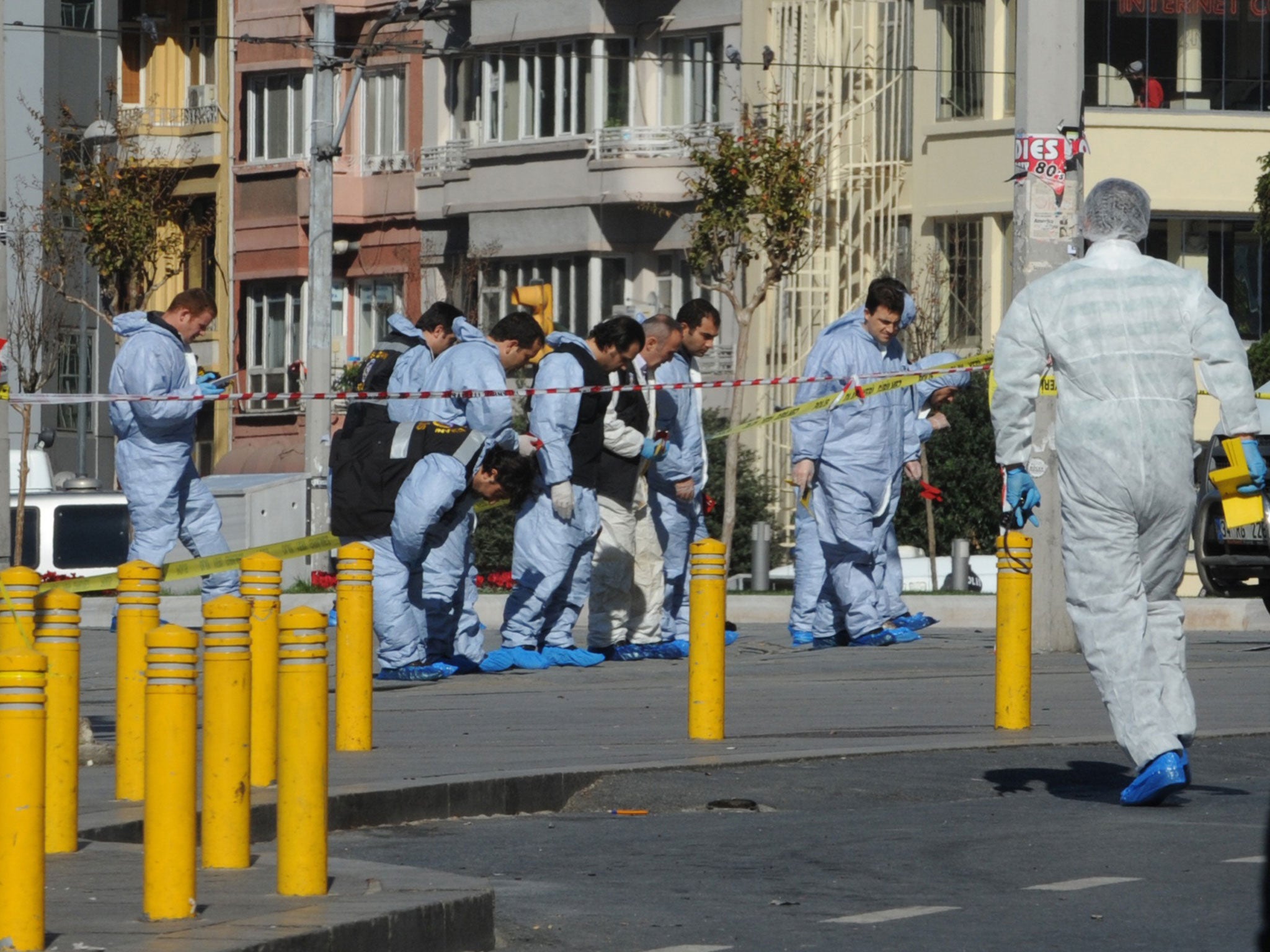
21 June 2010
The TAK were also suspected of being behind the bombing of a military bus in Istanbul that killed three soldiers and a 17-year-old girl.
27 July 2008
Five children were among the 17 people killed by twin explosions in a busy shopping area in Istanbul’s Güngören district. The first bomb detonated around 10 minutes before the second, which hit crowds gathering to help the initial victims. There was no claim of responsibility but prosecutors blamed the PKK.
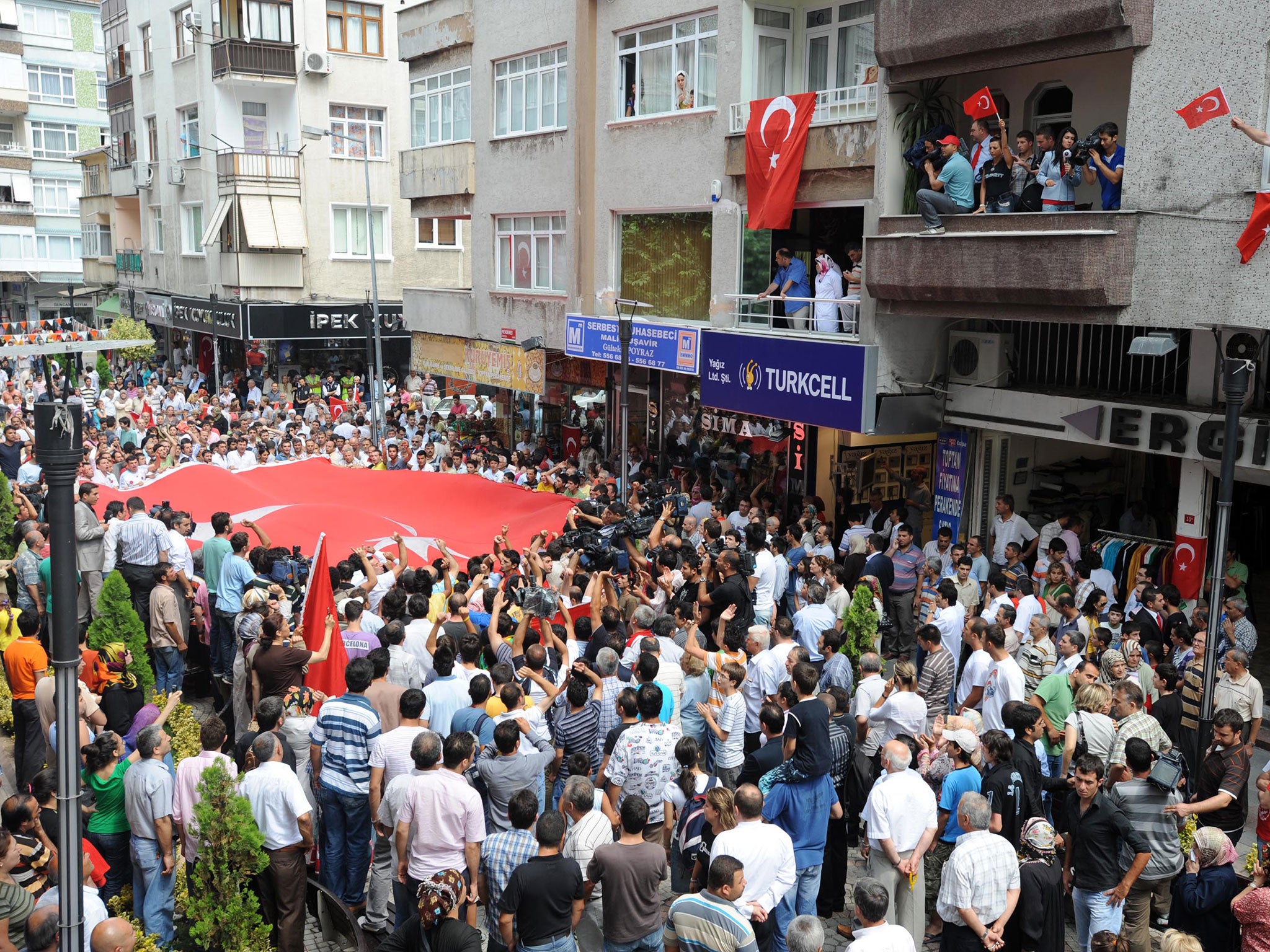
15/20 November 2003
On the 15 November, two truck bombs hit Istanbul’s Bet Israel and Neve Shalom Synagogues, killing 23 people and injuring 300 others. Five days later, two suicide vehicle bombs detonated at HSBC offices at the British Consulate, killing 30 and injuring 400. Members of an al-Qaeda cell were convicted for the attack.
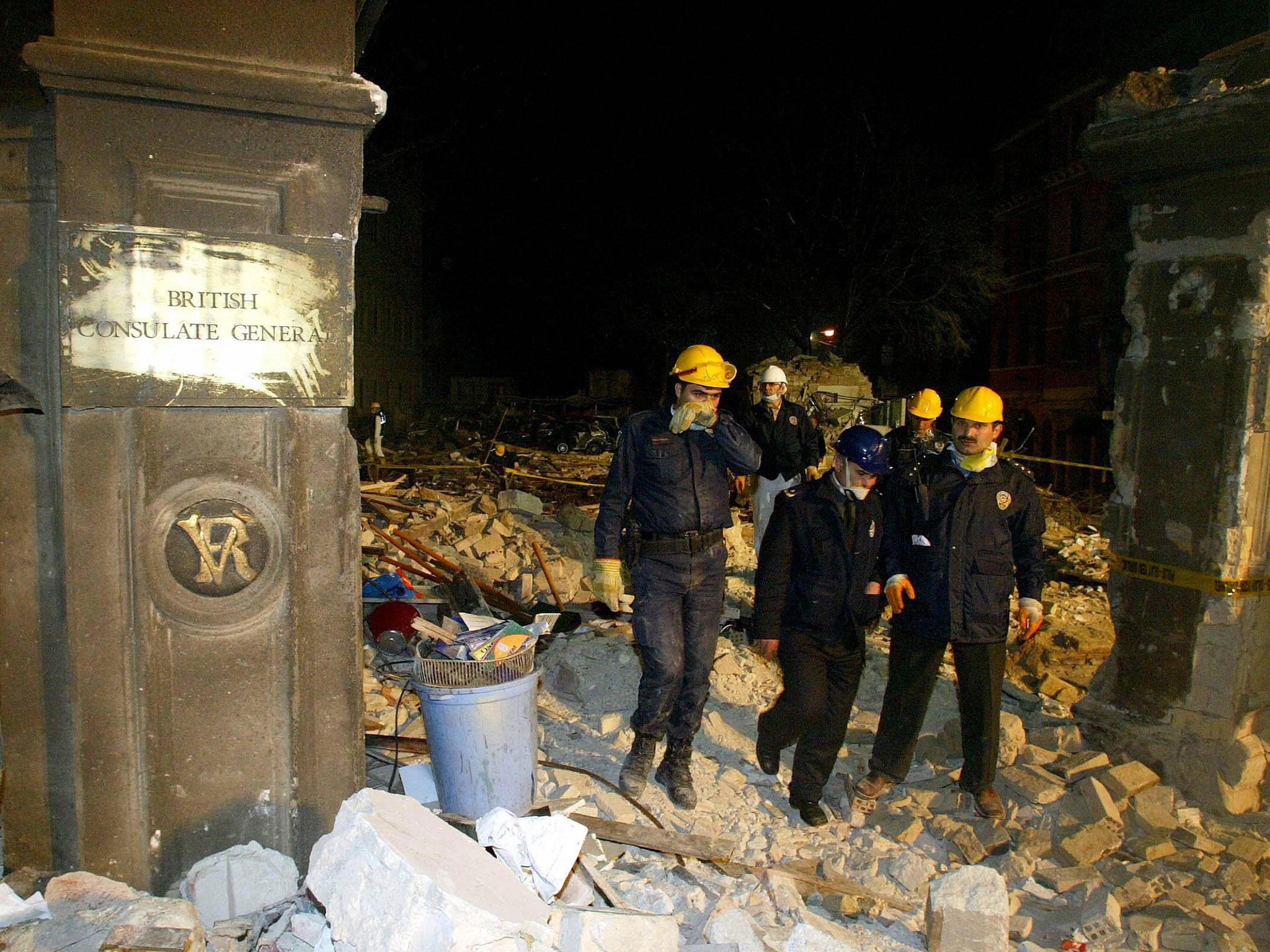
Turkey’s deadliest ever terrorist attack came in Ankara in October, when two suicide bombs exploded near the city’s main railway station as people gathered for a pro-Kurdish peace rally.
Despite politicians’ immediate casting of suspicion on the Kurdistan Workers’ Party, prosecutors later said a local Isis cell was responsible for killing 102 people.
The Foreign and Commonwealth Office (FCO) warns of a high threat from terrorism in Turkey, saying that attacks could be “indiscriminate” or target tourists, particularly British nationals.
Its travel advice states that Isis has previously targeted border crossings near Syria, including a suicide bombing that killed 33 people in July, but could also be planning more attacks on Ankara and Istanbul.
A continuing insurgency by Kurdish militant groups in south-eastern parts of Turkey has seen numerous attacks on Turkish security forces and infrastructure, leading to Turkish airstrikes on Kurdish militants in Iraq and Syria.
Anti-western terror group THKP/C-Acilciler (Turkish People’s Liberation Party/Front) and the linked DHKP/C (Revolutionary People’s Liberation Front) also remain active.
In March 2013, two of its militants and a hostage were killed during a gunfight with police at a court in Istanbul and the group was also responsible for shooting attacks on a police station and US Consulate in the city.
Additional reporting by agencies
Join our commenting forum
Join thought-provoking conversations, follow other Independent readers and see their replies
Comments
Bookmark popover
Removed from bookmarks